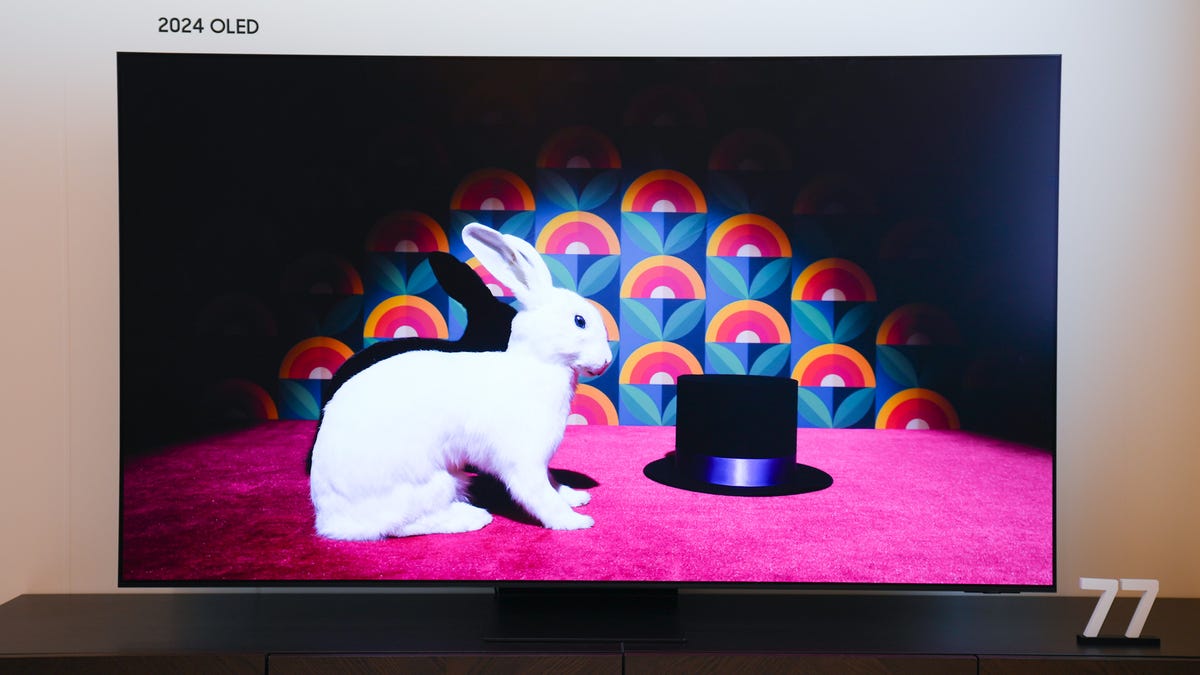Bob Marley’s One Love Is More Iconic Than You Realize – Grunge
Bob Marley and the Wailers became international icons with their catchy brand of reggae in the mid-1970s. While Marley had been writing and recording for more than a decade by the time of his breakthrough and amassed a sizeable following in his home country, hits such as the melancholic sing-a-long “No Woman No Cry” made Marley and his music world famous.
Many of Marley’s later singles struck a similar tone to “No Woman No Cry,” such as the torchlight-waver “Turn Your Lights Down Low,” and the lovelorn ballad “Waiting in Vain,” both popular songs from the Wailers’ classic 1977 “Exodus” album. On the other hand, “Three Little Birds,” with its refrain, “Don’t worry about a thing / ’cause every little thing is going to be all right,” is about as uplifting as pop gets.
However, it is the song “One Love,” also cut from the group’s classic 1977 album “Exodus,” which truly contains Marley’s optimistic vision of the world as it really could and should be. Partially based on Curtis Mayfield’s “People Get Ready,” “One Love” is on the surface a paean to universal togetherness, incorporating central tenets of Marley’s Rastafarianism which teaches the principle of “one love, one heart, one people.” But beneath the overt call for unity, “One Love” also operates in a political context, having become irrevocably associated with the bloody 1976 general election in Jamaica, and Marley’s personal attempts to put an end to the violence that marred the island during the era, the high point of which came two years later, during the iconic One Love Peace Concert in Kingston.
The violence of the 1976 Jamaican election
![]() Frank Barratt/Getty Images
Frank Barratt/Getty Images
The 1976 general election in Jamaica was fought between two parties: the People’s National Party led by Michael Manley (pictured), who had been Prime Minister for a number of years and who was running again on a socialist platform, and the Jamaica Labor Party led by Edward Seaga. Playing out against the backdrop of the Cold War, Manley’s left-leaning policies were condemned by his critics as communistic, leading to heightened tensions and accusations from both sides that freedom itself was at stake on the island.
The result was effectively a civil war between extremists from both sides, leading to countless deaths in the early months of 1976, according to The New York Times. With violence on the island spinning out of control as the general election drew nearer, in the summer Manley made steps to quell the killings by announcing a state of emergency. Sadly, hundreds of Jamaicans continued to be murdered on both sides of the political divide as the months rolled on.
Marley became a target for political violence
![]() Bettmann/Getty Images
Bettmann/Getty Images
Bob Marley was already an icon at the time of the 1976 Jamaican elections, in the run-up to which he attempted to remain politically neutral. However, neither his fame nor his public neutrality could prevent the musician from becoming a target.
Per Roger Steffens’ “So Much Things to Say: The Oral History of Bob Marley,” (via Rolling Stone), Marley had friends on both sides of Jamaica’s political divide, but nevertheless was seen by some as being closer to the reigning socialist government of Michael Manley. Marley’s most pressing concern in 1976 was putting an end to violence on the island, a quest that underpinned songs such as “Smile Jamaica” which asked Jamaicans to come together and achieve unity. The title of the song came to adorn a peace concert at which Marley and the Wailers were due to perform just weeks before the election. But on December 3 of the election year, two days before the concert, Marley was shot by unknown gunmen in an assassination attempt at his home in Kingston. Marley suffered two gunshot wounds, while three of his bandmates — including Marley’s wife Rita — were also injured, though thankfully there were no fatalities.
Somehow, Marley and the Wailers managed to shake themselves off from the attack that left several of them wounded with bullet holes, to perform at the “Smile Jamaica” concert two days later. That Marley was still preaching the gospel of “One Love” after coming so close to death reinforces the sense of the singer’s commitment to peace and unity in his home country.
The 1978 One Love concert
Bob Marley & The Wailers’ “One Love” truly became the anthem it is today on April 22, 1978, when it was used to title the “One Love Peace Concert” in Kingston, Jamaica. The concert in question was held to draw attention to the ongoing political violence on the island and to share Prime Minister Michael Manley’s call for the restriction of guns, which had taken the lives of hundreds of Jamaicans during the course of the decade.
The Wailers took to the stage for a headline performance that included the group’s greatest hits so far. Notable on the set list was the hit single “Jamming,” during which — if reggae lore is to be believed — lightning abruptly struck, a freak occurrence that many interpreted as a heavenly response to Marley’s direct calls to Jah, the Rastafarian configuration of the Christian God. But the defining image of the show came right at the finale, when Marley, keen to make a physical show of unity across the political divide, convinced Manley and his arch-rival Edward Seaga to join him on stage and join hands together onstage. The unprecedented and unexpected stunt was an attempt to show the world that “One Love” might eventually be achieved in Jamaica. Though political violence continued on the island long after the iconic concert, the event and the song that inspired it remain symbols of hope in Jamaica and beyond.
































































